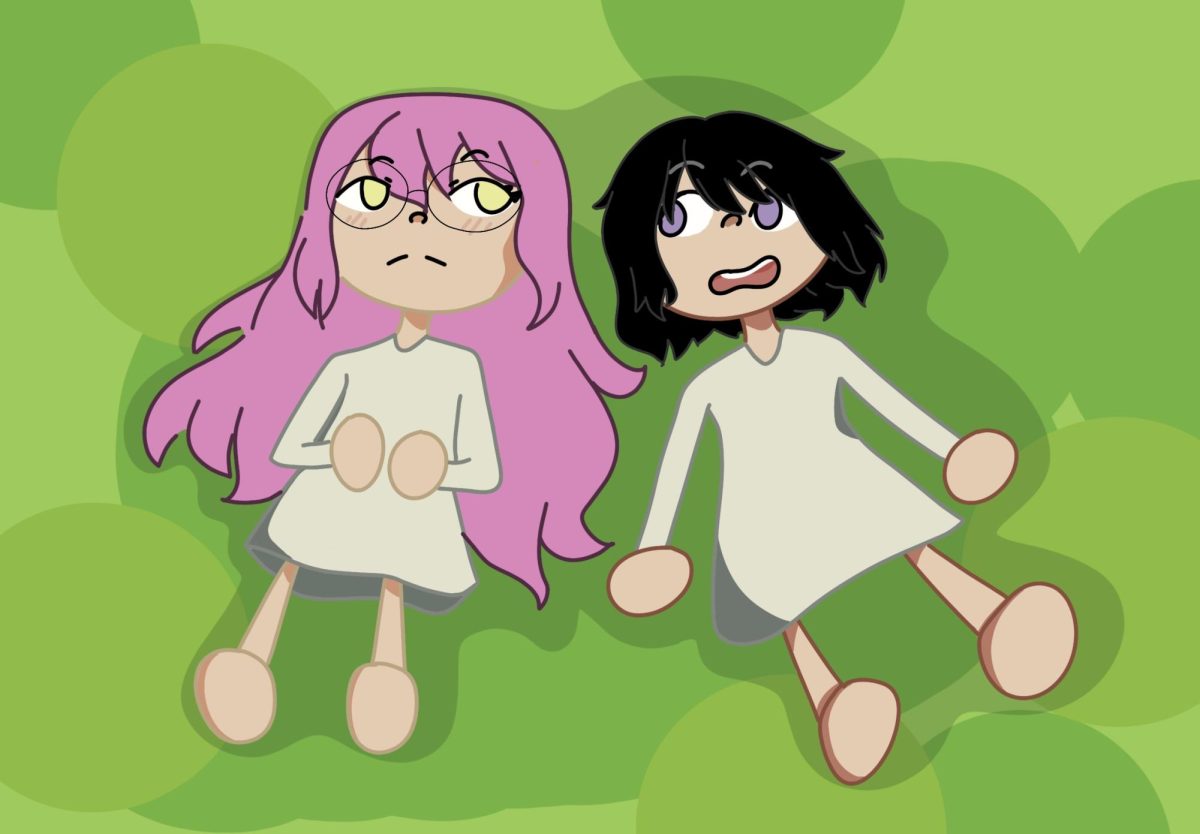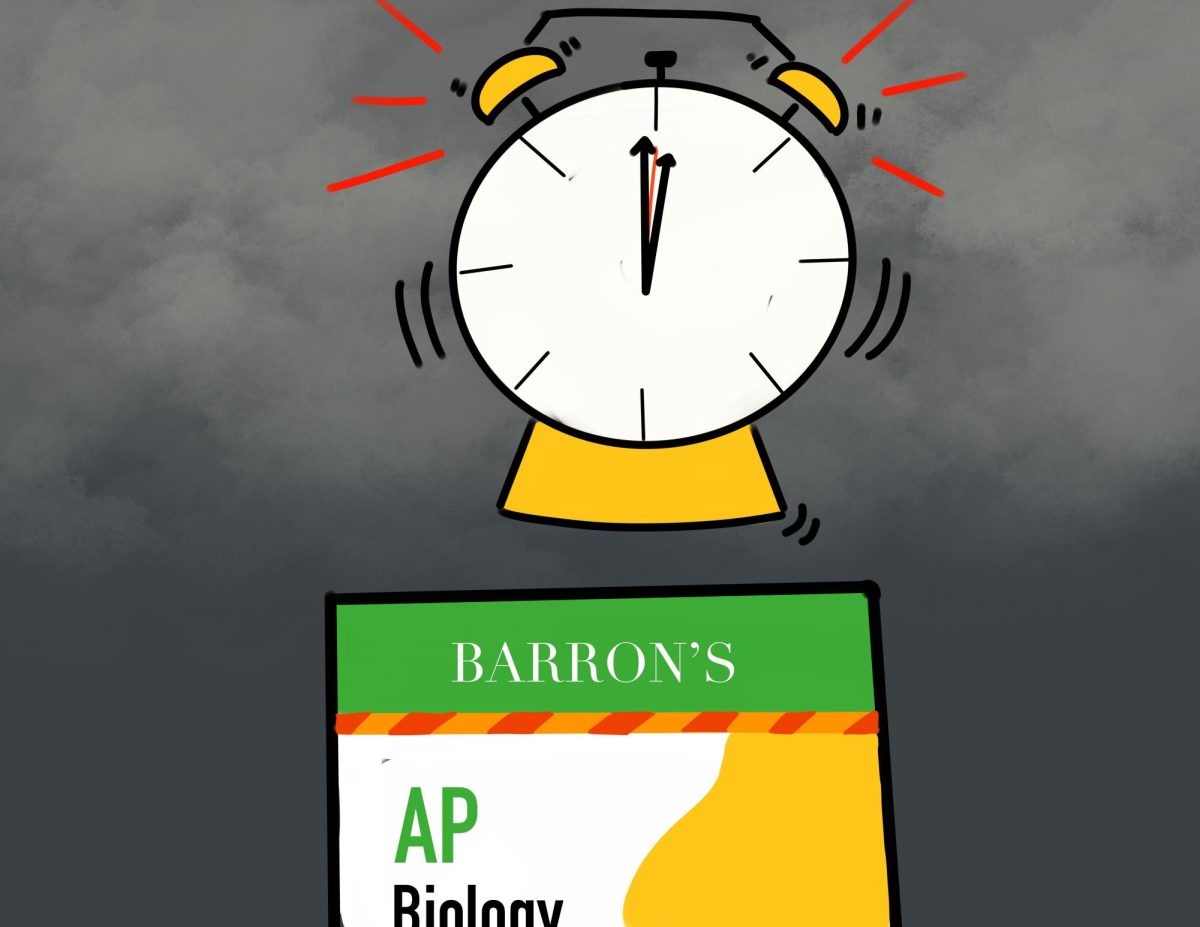Look around a hallway and count how many people are checking their phones.
How many do you think are on Facebook or Tumblr?
Social media is a part of our lives, whether we like it or not. Let’s be clear; I don’t hate social media. How can I? It’s awesome, it’s one of the crowning achievements of the 21st century. I use it all the time.
People can use it to organize, socialize, or marvel at the idiocy of others. The #Occupy protests were born online, organized online, and connected through the internet. “It’s not official until it’s Facebook official, I guess, ” said sophomore Shelly Chung. “And I don’t even use Facebook.”
But for all the good that social media has done, all the revolutions of the people that it has sponsored, social media on a personal scale is frankly annoying. With the integration of online class material and assignments, how tempting is it to just take a peek at your Facebook news feed?
In a study conducted by Microsoft that measured the amount of disruptions to a person’s work day, 28% is spent on distractions and recovery from the distractions. It takes about 23 minutes for a person to recover and resume a task.
You’ll find that the concept of social media is implicitly linked to numbers and statistics.
“How many friends do you have?”
“I gained fourteen followers today.”
It’s easy to forget that “followers” and “friends” are actual people. When referring to human beings as just novelties to collect, it deteriorates the concept of a tangible connection to these people. Facebook reduced the word “friend” to “a random acquaintance.” Words that used to hold meaning and weight have been reduced to casual adjectives and nouns.
As sophomore Sam Heckle said, “It’s an unnecessary social requirement. You’re kind of forced to use it.”
Though it is true that sometimes, lasting relationships can be created from shared interests on the web, the phenomenon is rare. More often than not, the proliferation of instant messaging and other forms of rapid communication destroy existing relationships by allow crude rumors and insecurities to be spread like wildfires. Other studies, such as ones conducted by the University of Haifa in Israel, confirmed that direct links to negative body images and eating disorders were proportional to the amount of time people spend on Facebook and other websites.
It will do no good to backtrack. Facebook, Twitter, Tumblr, and the like are a part of this generation and will be for generations to come. But hopefully, people will keep in mind that real life is still real life, and what they do online can translate into reality. Be mindful that these are real humans that are adding to someone’s follower count, sometimes volatile and impressionable people.
Next time, don’t tag your hate.

